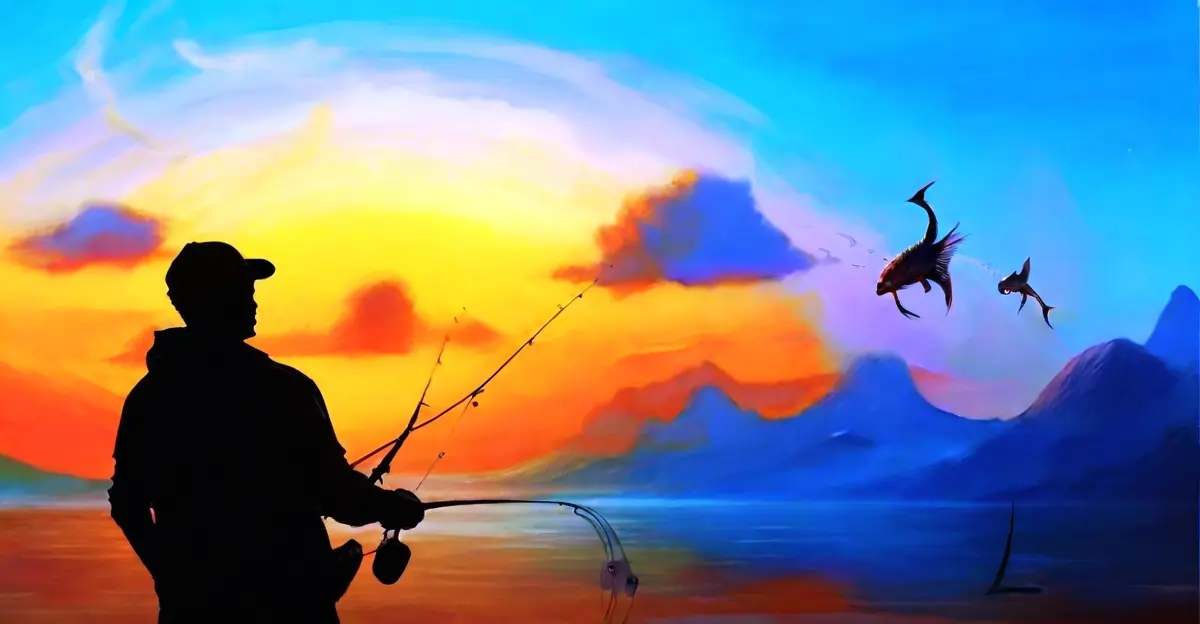How To Improve Your Fishing Skills
Every angler, whether novice or experienced, seeks to enhance their fishing skills. Fishing is not just about patience and luck; it’s also about strategy, knowledge, and continuous learning. In this article, we’ll explore five proven techniques that can significantly improve your fishing skills.
1. Understanding Fish Behavior:
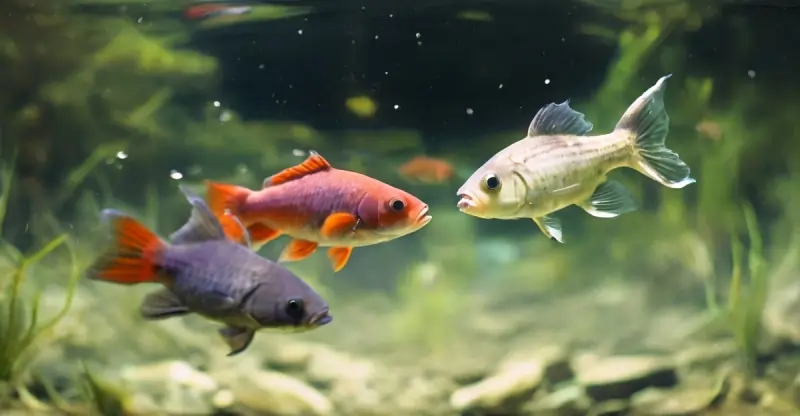
Fish behavior is pretty simple and driven by three things: food, safety, and comfort. Understanding these can help you catch more fish.
Firstly, fish are mostly motivated by food. Like us at a breakfast buffet, they want to eat as much as possible. Pay attention to what they’re eating in your local lake, like minnows or grasshoppers, and use similar baits.
Secondly, fish care about safety. They like hiding places since they can be prey for other fish and they compete for food. Try fishing in places where fish may hide in the water, such as beneath logs or in weeds.
Lastly, fish seek comfort. They’ll choose the easiest way to do things. On sunny days, fish might go deeper to avoid bright light. They choose quiet, clear seas over murky, choppy ones. Consider areas with rocky shorelines or gravel beds where fish might congregate, and fish those areas.
2. Mastering Different Fishing Techniques
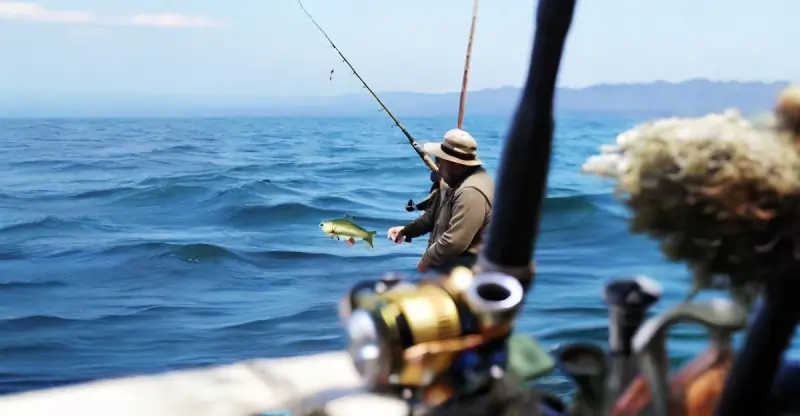
Learning various fishing techniques is an excellent approach to improving your fishing skills. Whether you’re a novice or an experienced fisherman, experimenting with different techniques can increase your catch rate. Here are some techniques and tips:
Casting Techniques:
a) Overhead Cast: This is a common way to cast. You swing your arm back and then forward quickly to throw your line and lure where you want it. Practice to get your timing and aim right.
b) Sidearm Cast: This is great for places with not much space above, like under trees or bridges. You cast your line close to the water. Be careful to keep control and avoid tangling your line.
Bottom Fishing Techniques:
a) Bottom Bouncing: Good for catching fish near the bottom like walleye or catfish. You use a weighted line and bounce it off the bottom as you pull it in. This movement gets the attention of fish down there.
b) Carolina Rig: This works in both fresh and saltwater. You use a weight, a swivel, a leader, and a hook. This setup lets your bait move naturally, which is great for attracting fish near rocks or brush.
Fly Fishing Techniques:
a) The Roll Cast: Useful when you don’t have much space behind you. You use the line’s tension on the water to help throw your fly where you want it. It’s good to practice this for fishing in tight spots.
b) The Double Haul: This helps you cast further, especially in fly fishing. You use both hands to quickly pull the line when casting. This helps you cast bigger flies or in strong winds.
You may improve as an angler and have even more fun on your fishing excursions by giving these tips a try.
3. Choosing the Right Gear
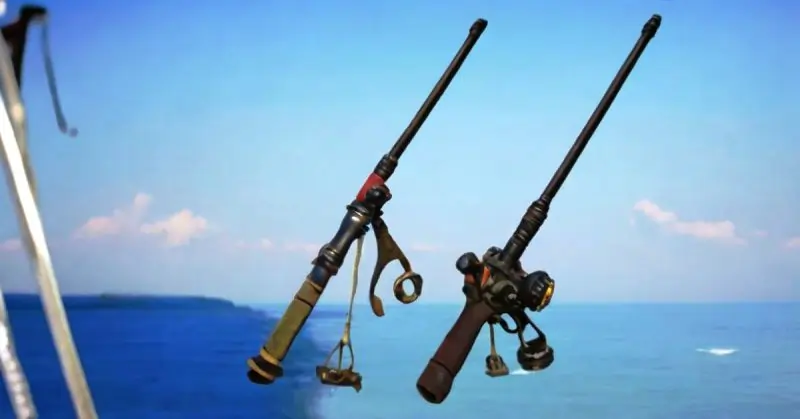
Three categories of tackle are typically found in fishing: low-cost, mid-range, and high-end. The cheapest solutions should be avoided as they frequently don’t endure and aren’t particularly effective. For most anglers, mid-range gear usually suffices. Although high-end equipment is great, it may be pricey, and once you’ve used it, you could find it difficult to use anything else.
When choosing a fishing rod, consider the type of fish you’re targeting and your fishing method. Rods have suggested line and lure weights, and they usually perform best in the middle of these ranges. If you’re using a braided line, these recommendations might not apply. One-piece rods typically perform better than multi-piece ones, though the latter are more travel-friendly.
Take note of the weight, length, taper, stiffness, and feel of the rod in your hand in addition to its guide material. Although fragile, lightweight graphite rods are sensitive. While shorter rods provide more control when hauling in fish, longer rods work well for long-distance throwing. For larger fish or heavier lures, you’ll need a stiffer rod; but, for little fish, a softer tip works well.
Reels are crucial, especially for catching big fish. The drag system needs to be smooth and durable. Spinning reels are beginner-friendly and suitable for light lures, but they may not be ideal for very large fish or precise casting. High-end spinning reels can handle bigger fish. Conventional reels are more robust and better for accurate casting but can be tricky for beginners due to the risk of line tangling. Some have a level wind feature for even line distribution.
For those serious about fishing, custom rods tailored to your specific needs are worth considering. As for reels, there’s a wide range, from affordable mid-range to high-end models, suitable for all kinds of anglers.
4. Practice Regularly
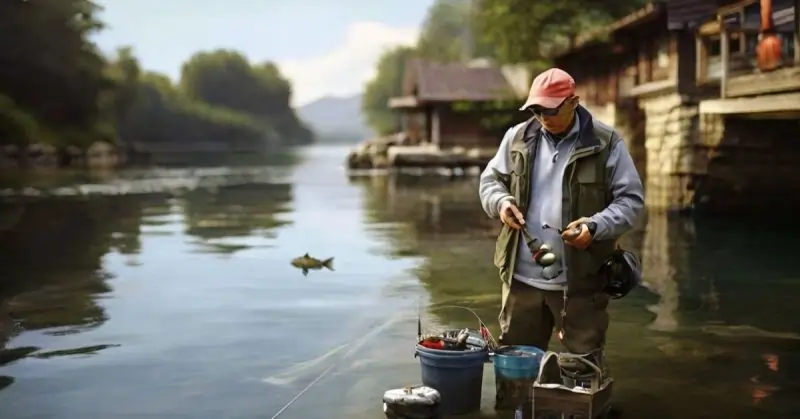
To improve in fishing, constant practice is essential. Frequent fishing not only helps you become a better fisherman, but it also teaches you more about fish behavior and how the environment and weather affect them. It’s always interesting to test out new baits, attempt different casting techniques, or just observe the movements and feeding habits of the fish.
Fishing in diverse environments—rivers, lakes, and the ocean, for example—teaches you how to deal with a range of circumstances and difficulties. You’ll become more adept at selecting the ideal fishing locations and understanding when to fish given the local climate and season. Frequent practice also helps you get more at ease with your fishing equipment, which will enable you to react more quickly and instinctively when you’re fishing.
Furthermore, a lot of fishing develops patience and determination, two qualities that are crucial for fishing. Fishing becomes a fulfilling hobby that enhances your abilities and brightens your life the more time you spend in the great outdoors.
5. Use A Good Fish Finder
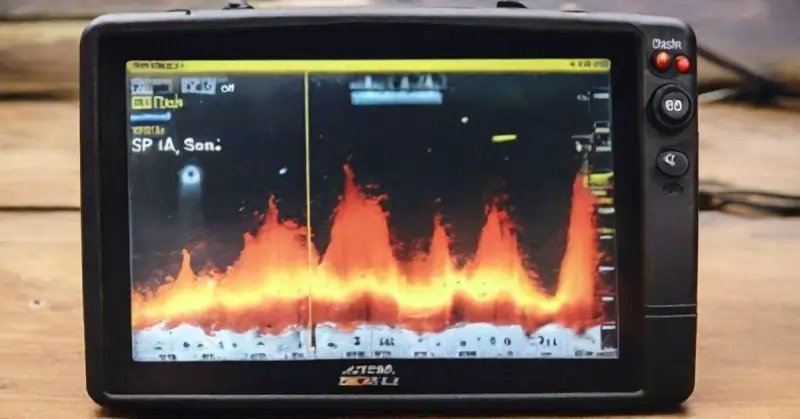
Utilizing an effective fish finder can be very beneficial if your goal is to catch more fish. Fish finders discover schools of fish in the water by using sonar. When attempting to determine where the fish are biting, this can be quite beneficial. To have the greatest possible fishing experience, make sure you select the best fish finder from the various varieties on the market. Make sure you are aware of the water’s depth when utilizing a fish finder. You should use your fish finder to find schools of fish that are in the appropriate depth of water for the species of fish you are looking for because various fish have distinct home ranges.
6. Be Patient
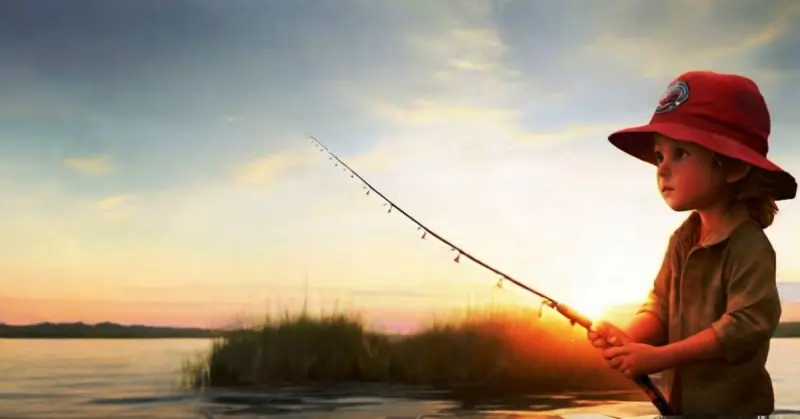
A crucial component of fishing is patience. Even while fishing is a fun and soothing pastime, it’s crucial to keep in mind that success isn’t always assured. Sometimes, try as you might, you just can’t seem to catch anything. The secret is to have fun and maintain your composure. Your chances of success may drop if you become frustrated. Additionally, keep in mind that fish are erratic animals, and your chances of catching them might be impacted by several variables including the water’s temperature or their feeding habits. For instance, if the fish aren’t biting or the water is too cold, you could not have any luck. A part of the fishing experience is coming to terms with this uncertainty.
7. Learn From Others
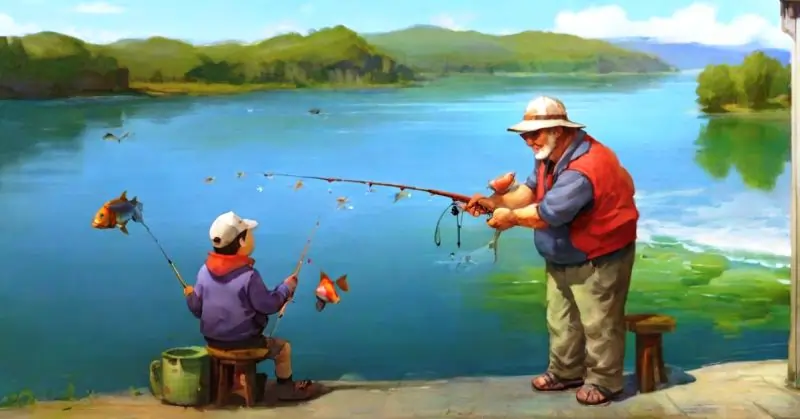
Imparting knowledge to others is a great approach to improving your fishing abilities. Any engagement with more seasoned anglers, whether it be through internet forums, local fishing clubs, or just spending time with them, offers a fresh perspective. Fishermen with experience can provide useful tips on tactics, gear, and hidden fishing locations that you might not find on your own. They can impart lessons that can only be learned from experience by sharing their tales of triumphs and setbacks.
Seeing how other people approach various fishing scenarios—from choosing bait to bringing in a difficult catch—can provide fresh insights and tactics. Furthermore, going fishing with others boosts the social side of the sport, making it a more pleasurable and shared experience in addition to expanding your knowledge. Accepting the advice and experiences of other fishermen can greatly quicken your learning curve and improve your entire fishing experience.
FAQ on How To Improve Your Fishing Skills
Q: What’s the best way to learn new fishing techniques?
A: Practice regularly and learn from experienced anglers to understand different methods.
Q: Can fishing gear affect my fishing skills?
A: Yes, using the right gear suited to your fishing style can significantly improve your skills.
Q: How important is understanding fish behavior?
A: Very important, as knowing how fish behave helps you choose the right bait and technique.
Q: Does fishing in different locations improve skills?
A: Yes, fishing in various environments enhances adaptability and broadens your experience.
Conclusion
In conclusion, improving your fishing skills is a journey that combines practice, knowledge, and adaptability. By understanding fish behavior, mastering various techniques, choosing the right gear, and learning from others, you can significantly enhance your angling abilities. Frequent practice improves your technique and strengthens your bond with the natural world, and picking up tips from other anglers enhances your experience by providing shared expertise.
Fishing is more than just catching fish; it’s also about having fun on the water and always learning new things. Accept every fishing experience as a chance to improve, have fun, and develop into a more knowledgeable and considerate angler.
